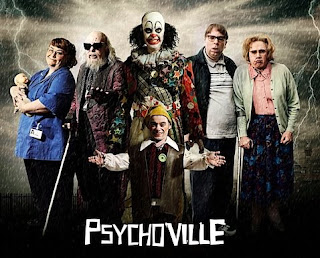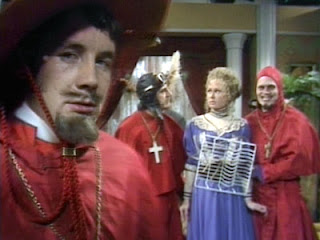In case you hadn’t seen the post by Piers on the BBC Writersroom site, there’s a new Writersroom roadshow being held – this time in Birmingham, on the evening of Tuesday 18 August. Full details can be read here – if you live in Brum (or close by), you might want to see about going along.
Speaking of writing and using the internet, what’s all this about people hassling writer James Moran online because they don’t like the way the story went in Torchwood? It seems he’s being accused of a homophobic element to the story, which seems a little odd when you consider it was co-plotted with Russell T Davies… but frankly that’s by the by; James has been very open and forthcoming in his online presence, and very enthusiastic about writing generally, and now it seems that people having a go at him is likely to cause him to withdraw somewhat, which I think is a shame.
I mean, I’ve seen TV shows where I haven’t liked the direction the story’s taken, but sending Twitter messages and the like to the writer (or one of them) is obviously excessive, and it’s pretty clear from James’s reaction that he found a lot of them rather insulting.
That’s going too far, and is a desperate waste of the potential for communication offered by developments such as the internet. I’m reminded of the people whose online hectoring led to the cancellation of a writing competition in future years back in 2007; remember, just because you have the means to tell someone (or indeed everyone) your current emotional or mental state, it doesn’t necessarily mean you should.








 So – perhaps appropriately enough – the Tower has the highest numbers.
So – perhaps appropriately enough – the Tower has the highest numbers.


